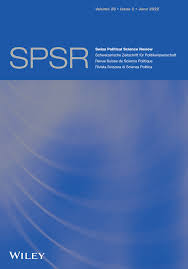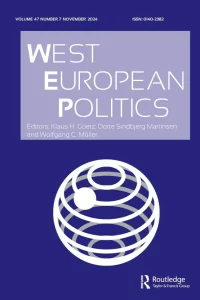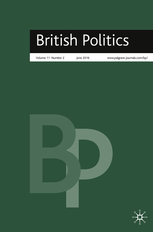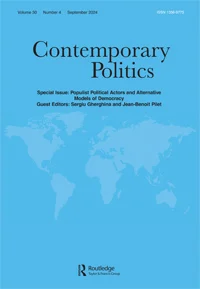As the use of satellite imagery in a wide range of agricultural processes within the European
Union increases, an important question has to be addressed. Is the wider integration of this
type of technology altering the center-periphery power within the European Union? This
study explores this issue through the perspective of the CAP subsidy framework in Bulgaria,
where satellite imagery forms the foundation of the digital application process and plays an
important role in the supervision process. This establishes the technology as a tool for
decision-making in a rather one-sided manner in which the supervising authority (the
Bulgarian Ministry of Agriculture) uses satellite imagery to observe the farmers without
their knowledge of when and how the remote assessment might take place. On the one
hand, the process introduces ethical and political dilemmas related to the concept of
remote surveillance, particularly in countries like Bulgaria where the agriculture sector is not
fully modernized. On the other hand, this might bring alternative ways for EU states and
individual farmers to question the established approach or explore some of the gaps within
the CAP subsidy process. Either way, a closer overview of the political power implications
of satellite imagery will be beneficial for all participating EU states which rely on the
technology for receiving their subsidy funds. The paper further proceeds to suggest a study
of Bulgarian court decision materials about CAP funding disputes as an example of the kind
of research that can be pursued to explore what role satellite technology plays in the power
relations in the EU in a more practical way.
